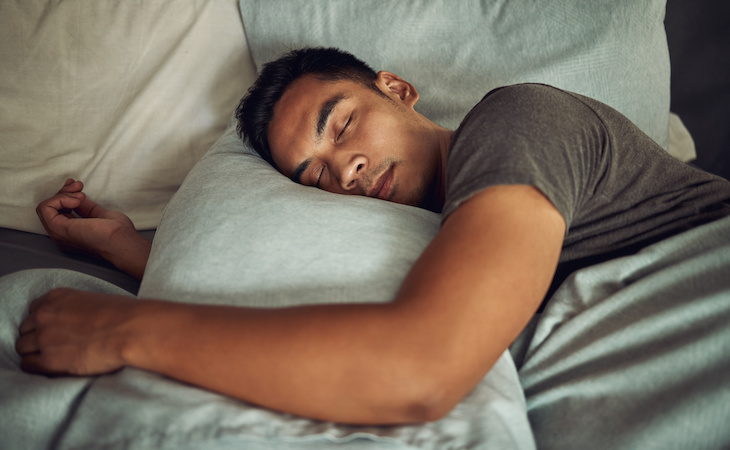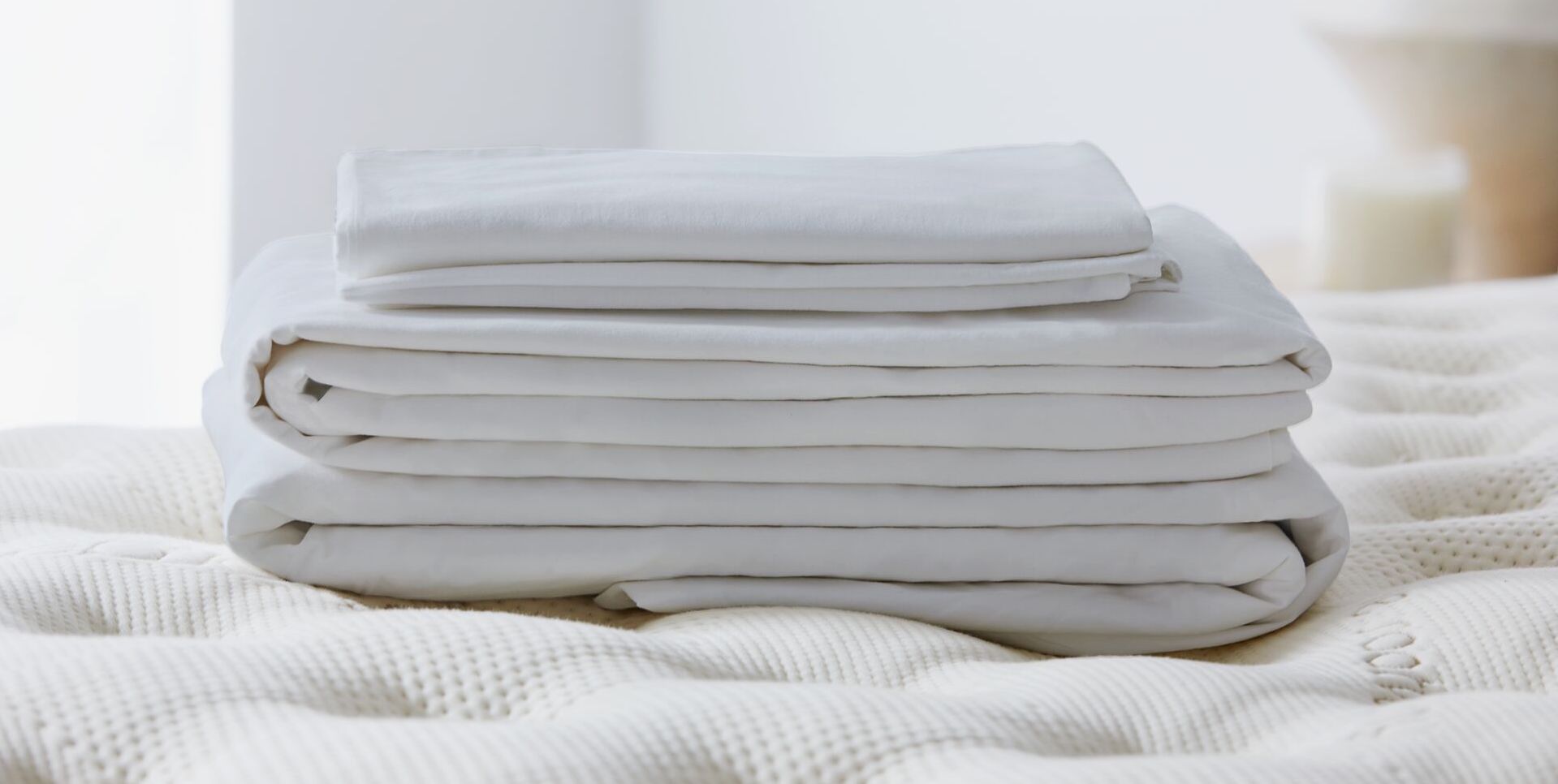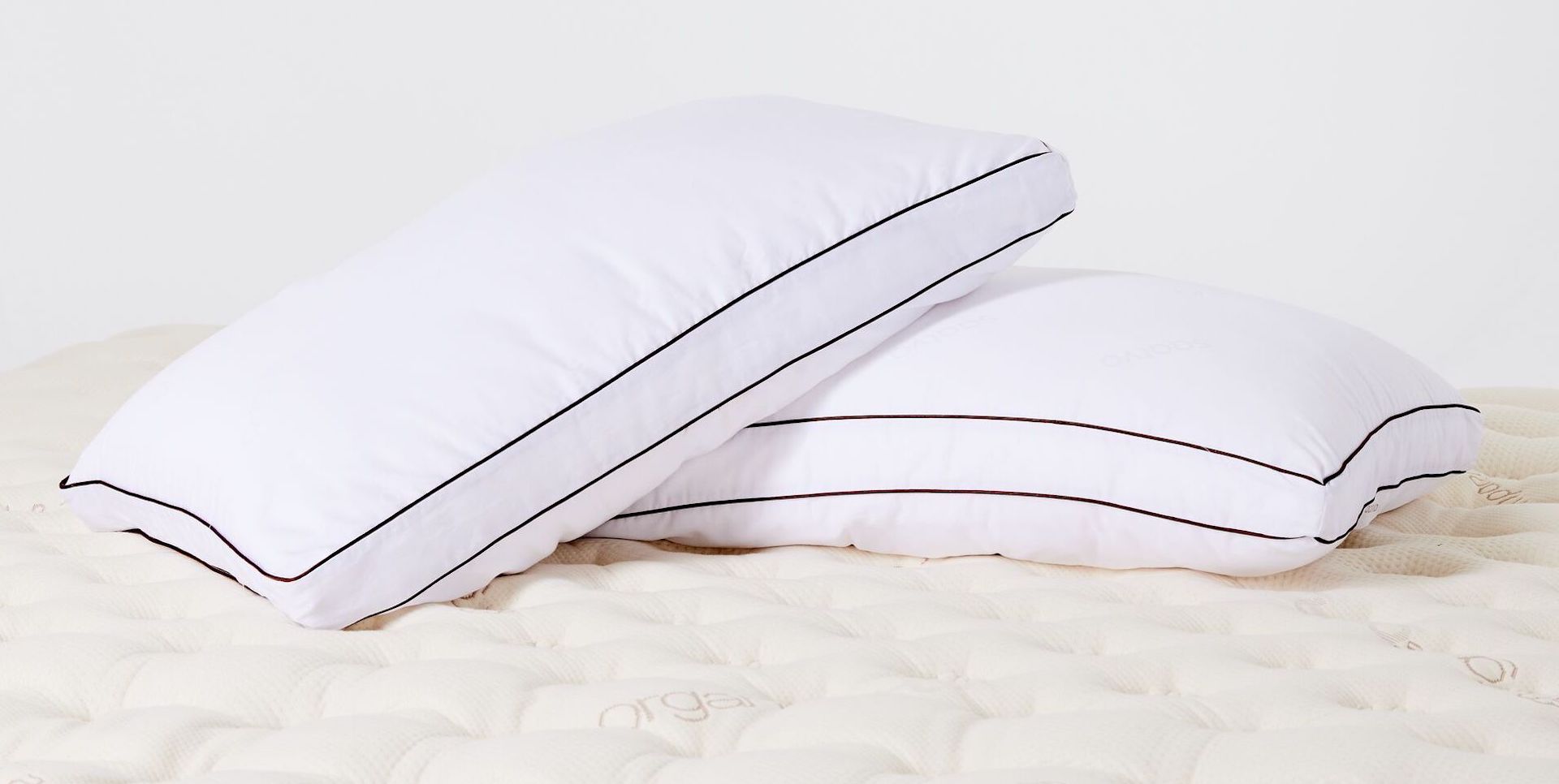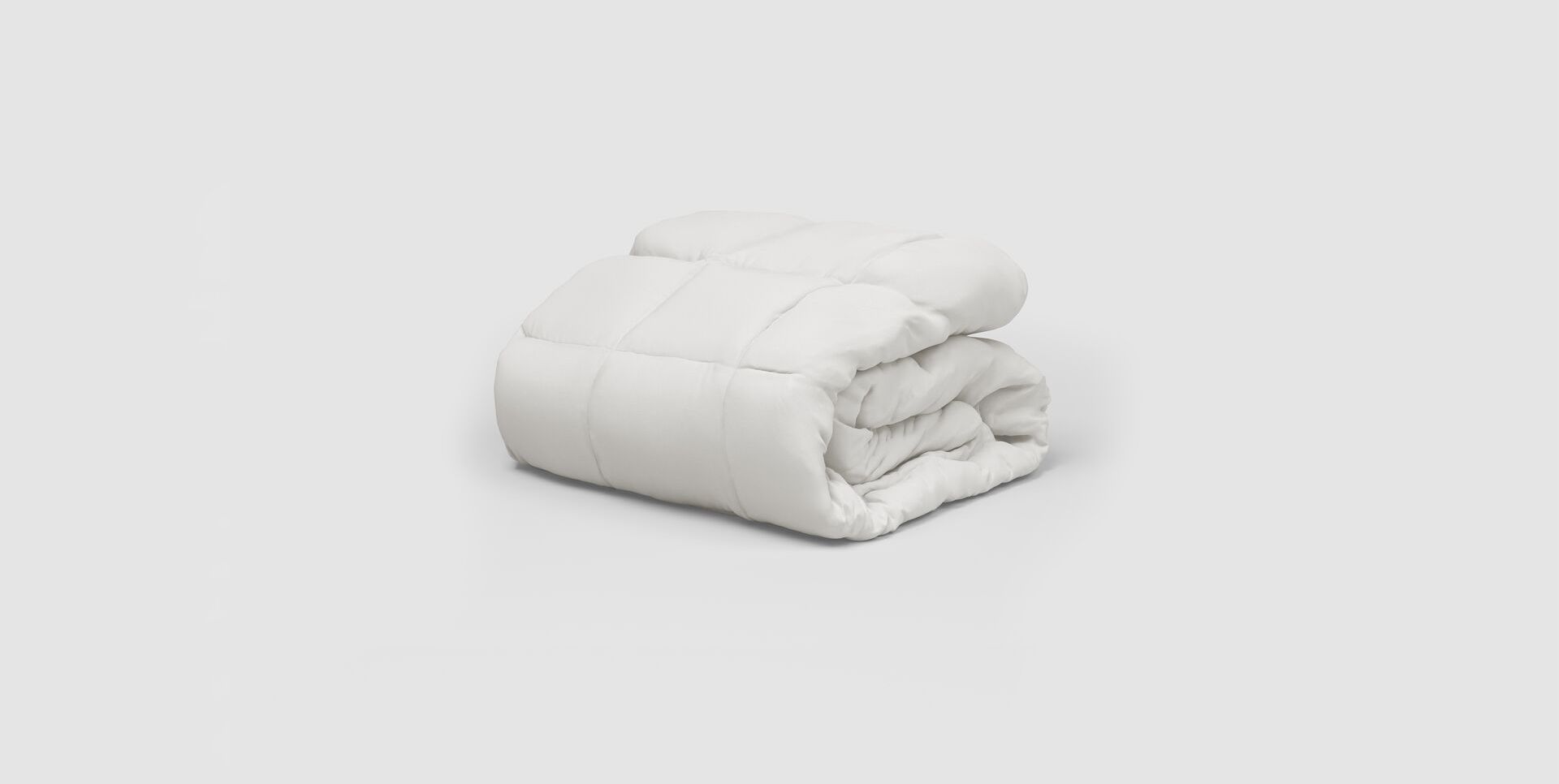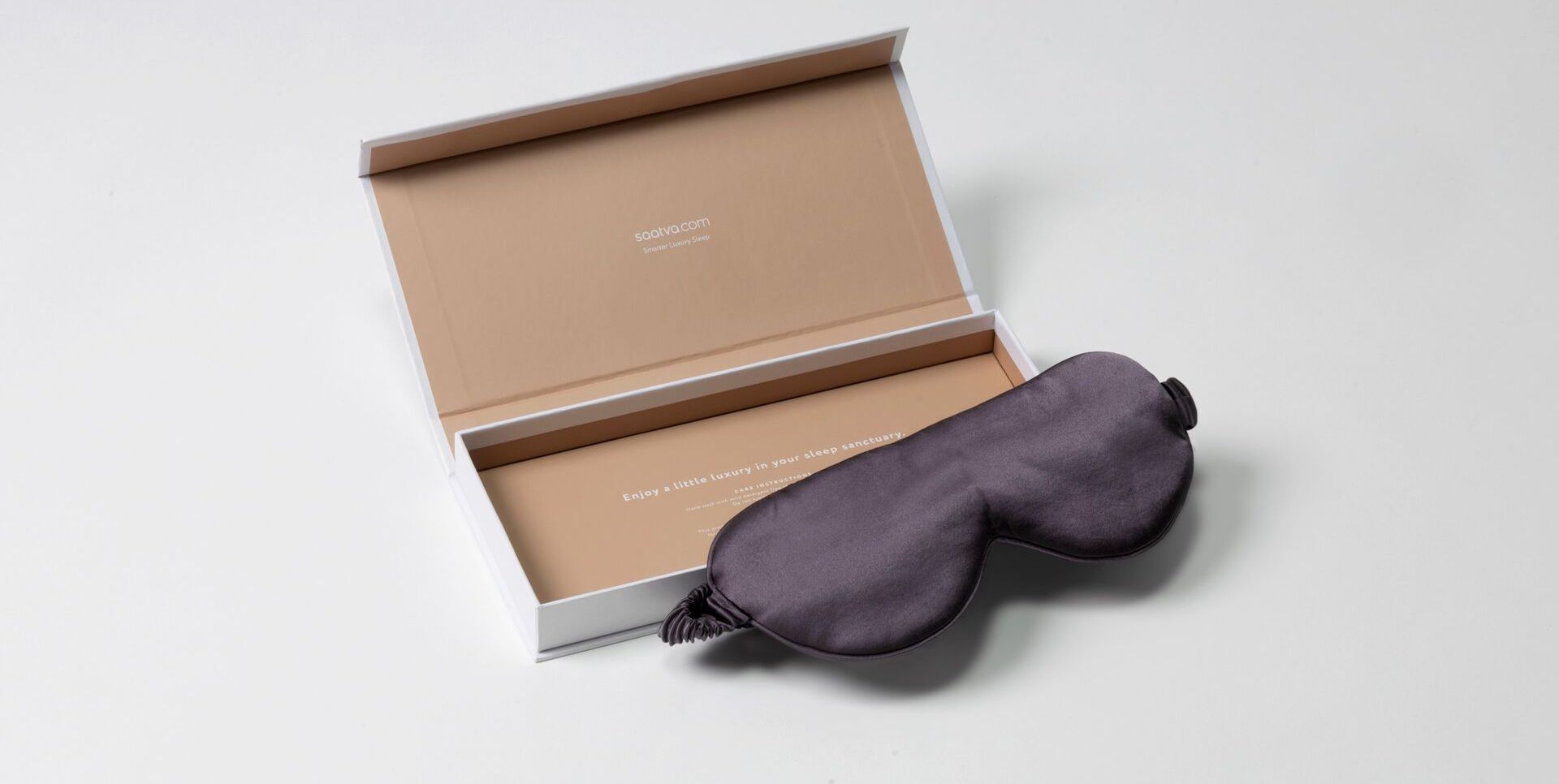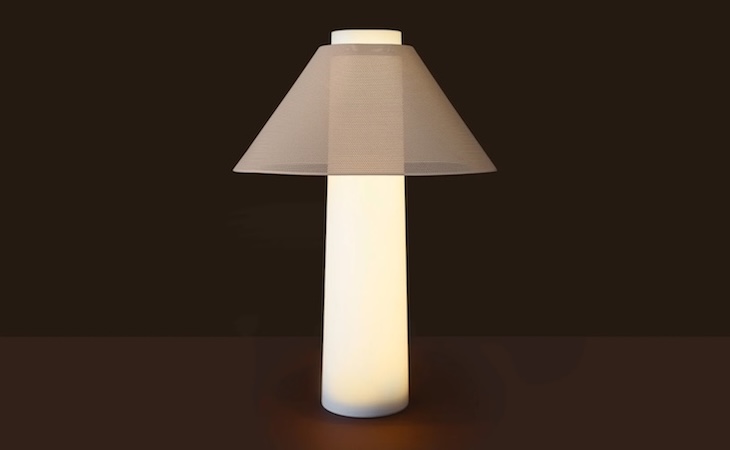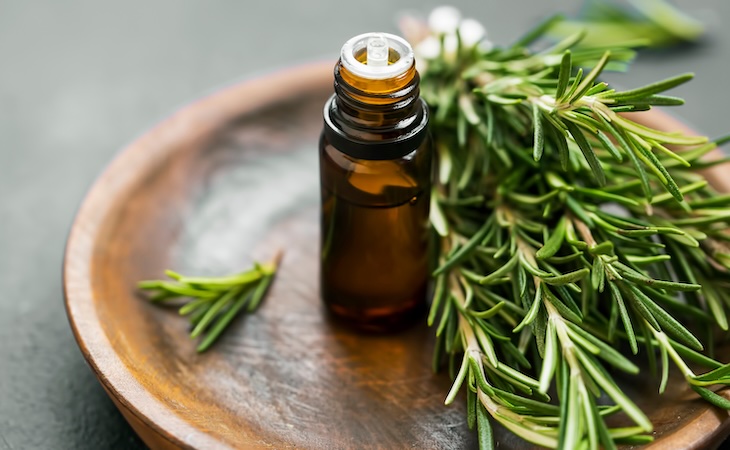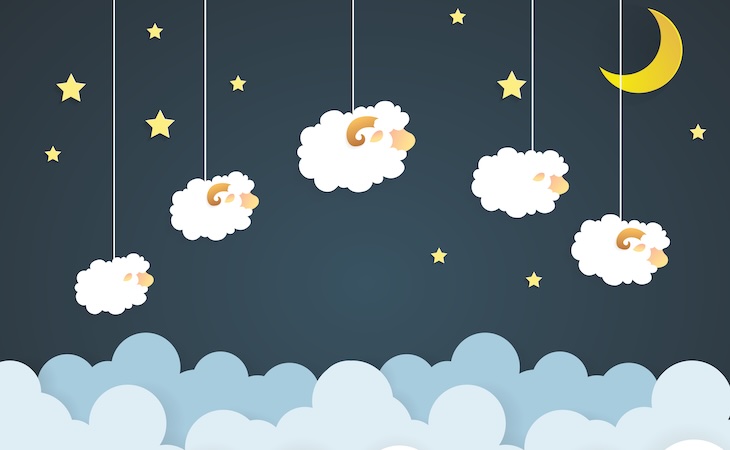There’s nothing like getting a good night’s sleep. Not only does it give you much-needed energy throughout the day, but it’s also vital for your physical and mental health. Unfortunately, it can seem impossible to get the right amount of sleep your mind and body need.
Ahead, we’ll explore scientifically proven ways to sleep better at night and wake up refreshed.
How to sleep better: 10 tips that really work
1. Create an optimum sleep environment
The right conditions in your bedroom can make all the difference in your sleep cycle. “A cool, quiet, and dark environment promotes deeper and more restful sleep by reducing external distractions and optimizing the body’s core temperature for sleep,” says Ruchir P. Patel, MD, CEO and founder of Nightly.
Blackout curtains, reducing your bedroom’s temperature, and using bed sheets made of cooler fabric (such as cotton, linen, or bamboo) can all make a difference. If you struggle with noisy neighbors or a snoring bed partner, consider wearing earplugs. Patel also adds listening to pink noise can “increase the amount of time the brain spends in deep sleep.” [1]
2. Reduce your blue light exposure
The blue light from electronics, such as tablets, smartphones, or laptops, can affect your quality of sleep. Numerous studies show that reducing screen time before bed can help you fall asleep sooner and stay asleep longer. The National Sleep Foundation recommends putting your screens away two hours before bed to help you fall asleep sooner and stay asleep longer. [2]
If you can’t resist checking your phone before bed or streaming a show on your computer, activate the “Night Mode” setting. [3] Just keep in mind that using night mode for too long can strain your eyes, so you should consider turning your phone or laptop off completely before bed.
3. Follow a regular sleep schedule
Keeping a regular sleep routine has been consistently shown to help you sleep better at night. [4] “This will help your body’s circadian rhythm fall into balance and get used to a routine, which will in turn help you fall asleep,” says Julia Siemen, a certified sleep science coach at Sleep Advisor.
If possible, try optimizing your schedule to follow the one you keep up during your work days. Of course, this is easier said than done, especially if you work shift hours. But if you can maintain the same wake-up time and bedtime, it can do wonders for your sleep health.
Siemen says adjusting can take time, but committing to this routine can make a difference. Here’s how to reset your sleep schedule.
4. Avoid stimulants before bed
A nightcap or hot tea may sound like a wonderful way to relax before bed. However, studies show that drinking alcohol or caffeine before bed can interrupt your sleep cycle. [5]
Patel recommends avoiding caffeine within six hours of bedtime and steering clear of alcohol within two hours of bedtime to experience better sleep. [6] He also suggests avoiding eating anything within two hours of bedtime. [7]
If you can’t help but indulge in a beverage before bed, consider a tea without caffeine, such as an herbal tea, or enjoy a cup of warm milk.
5. Embrace a positive mindset
If you’re going to bed troubled, it can be challenging to let go of what weighs heavy on your mind. Unfortunately, this can make it more of a challenge for you to fall asleep. Research finds that expressing gratitude can benefit your mindset and improve your overall sleep quality. [8]
Reflect on what you’re grateful for during the day before bed and incorporate this habit into your nightly routine. If you’re feeling particularly stressed, write yourself a to-do list for the next day. Studies show that this can help you fall asleep faster. [9]
6. Reduce your stress levels
If you find yourself more stressed than ever lately, make it a priority to minimize your stress levels. “Racing thoughts can keep your brain too active to fall asleep or stay asleep,” says Patel. He recommends deep breathing, meditation, or journaling as ways of calming yourself before bed.
Guided imagery is another stress management technique you may consider incorporating near bedtime. Visualizing a mental scene that promotes calmness can relax your overwhelmed mind and induce sleepiness.
A 2016 study published in the Journal of Sleep Disorders, found it can make all the difference in your sleep health. [10] This same study also recommended autogenic training, which is the process of recognizing each body part as feeling heavy and slowing down your breathing. [10, 11]
7. Engage in consistent physical activity
Exercise and quality sleep are necessary for your well-being, but the timing of your workout routine can make a bigger difference than you might realize. [12] Doing a workout right before bed “can raise the core body temperature thus resulting in delaying the sleep process and causing [you] to have difficulty initiating sleep,” says Patel. [13]
Incorporate regular physical activity during your day, but make sure your body has a chance to cool down before you prepare for bedtime.
8. Track your sleep with a sleep diary
A sleep diary lets you log your bed and watch time schedules. Studies show this is especially helpful if you struggle with insomnia or sleeplessness as you can identify contributing factors to your sleeplessness. [14] You can use an app on your phone or a traditional physical journal to track the information.
Knowing potential causes related to sleep troubles, such as realizing you struggle with sleep earlier in the week or tend to fall asleep faster if you exercise during the day, can help you tweak your sleep hygiene habits.
9. Avoid napping too much before bedtime
Sometimes, it’s hard to resist a good nap during the day. However, having one too late has been shown to result in sleeplessness during the night. [15] If you do nap, Patel recommends taking one before 3 pm.
On the other hand, research finds that if you work a shift schedule or you are a new parent, you may actually benefit from napping during the day. [16] Keep track of the impact of naps on your sleep and adjust as needed.
10. Limit your use of sleep trackers
While a sleep tracker can have its place, it can also have a negative impact. Patel introduces a new term for this phenomenon: orthosomnia. [17] It results from poor sleep secondary to an “over-focus on sleep tracker data and over-analysis of the sleep information that various consumer-grade products give someone,” he says.
Patel advises you to take the information you gain from these apps with a grain of salt. Overall, if you’re concerned that you struggle with sleep despite optimizing your sleep strategy, consider visiting a specialist for help.
FAQs
How do you improve sleep naturally?
There are many ways you can improve your sleep naturally. Make sure your sleep environment is cool and dark, which can help your body relax. If you sleep in a noisy environment, consider incorporating a sound machine. Plus, limit any type of stimulants before bed, such as coffee or alcohol.
How can I sleep better right now?
To have an immediate effect on your sleep quality, incorporate regular exercise during your day. Also, cut out any coffee before 3 pm and limit any alcohol to at least two hours before bed (if not avoiding it completely). Focus on reducing stress levels so your body can relax by the time it reaches bedtime.
What helps you stay asleep longer?
Cut out blue lights from your phones or laptops before your bedtime. Stick to a consistent sleep schedule by waking up and falling asleep at the same time each day. Make sure you keep your room cool and dark, even if you need to add blackout curtains to your window. All of these habits can benefit your sleep quality and help you stay asleep for longer.
Next, check out our guide to sleep hygiene and how you can improve yours for better shuteye.
References
- Capezuti, E., Pain, K., Alamag, E., Chen, X., Philibert, V., & Krieger, A. C. (2022). Systematic review: auditory stimulation and sleep. Journal of clinical sleep medicine : JCSM : official publication of the American Academy of Sleep Medicine, 18(6), 1697–1709. https://doi.org/10.5664/jcsm.9860
- National Sleep Foundation. Screen Use Disrupts Precious Sleep Time. https://www.thensf.org/screen-use-disrupts-precious-sleep-time/
- American Academy of Ophthalmology. Computers, Digital Devices, and Eye Strain. https://www.aao.org/eye-health/tips-prevention/computer-usage
- Chaput, J. P., Dutil, C., Featherstone, R., Ross, R., Giangregorio, L., Saunders, T. J., Janssen, I., Poitras, V. J., Kho, M. E., Ross-White, A., Zankar, S., & Carrier, J. (2020). Sleep timing, sleep consistency, and health in adults: a systematic review. Applied physiology, nutrition, and metabolism = Physiologie appliquee, nutrition et metabolisme, 45(10 (Suppl. 2)), S232–S247. https://doi.org/10.1139/apnm-2020-0032
- Baranwal, N., Yu, P. K., & Siegel, N. S. (2023). Sleep physiology, pathophysiology, and sleep hygiene. Progress in cardiovascular diseases, 77, 59–69. https://doi.org/10.1016/j.pcad.2023.02.005
- Drake, C., Roehrs, T., Shambroom, J., & Roth, T. (2013). Caffeine effects on sleep taken 0, 3, or 6 hours before going to bed. Journal of clinical sleep medicine : JCSM : official publication of the American Academy of Sleep Medicine, 9(11), 1195–1200. https://doi.org/10.5664/jcsm.3170
- Iao, S. I., Jansen, E., Shedden, K., O’Brien, L. M., Chervin, R. D., Knutson, K. L., & Dunietz, G. L. (2022). Associations between bedtime eating or drinking, sleep duration and wake after sleep onset: findings from the American time use survey. British Journal of Nutrition, 127(12), 1888–1897. doi:10.1017/S0007114521003597
- Wood, A. M., Joseph, S., Lloyd, J., & Atkins, S. (2009). Gratitude influences sleep through the mechanism of pre-sleep cognitions. Journal of Psychosomatic Research, 66(1), 43-48. https://doi.org/10.1016/j.jpsychores.2008.09.002
- Scullin, M. K., Krueger, M. L., Ballard, H. K., Pruett, N., & Bliwise, D. L. (2018). The effects of bedtime writing on difficulty falling asleep: A polysomnographic study comparing to-do lists and completed activity lists. Journal of experimental psychology. General, 147(1), 139–146. https://doi.org/10.1037/xge0000374
- Christina D, Panagiotis K, Liza V, George CP (2016) Stress Management for the Treatment of Sleep Disorders in Lawyers: Pilot Experimental Study in Athens, Hellas. J Sleep Disor: Treat Care 5:2. doi:10.4172/2325-9639.1000171
- U.S. Department of Veterans Affairs. Autogenic Training. https://www.va.gov/WHOLEHEALTH/veteran-handouts/docs/AutogenicTraining-508Final-9-5-2018.pdf
- Johns Hopkins Medicine. Exercising for Better Sleep. https://www.hopkinsmedicine.org/health/wellness-and-prevention/exercising-for-better-sleep
- Alkhaldi, E. H., Battar, S., Alsuwailem, S. I., Almutairi, K. S., Alshamari, W. K., & Alkhaldi, A. H. (2023). Effect of Nighttime Exercise on Sleep Quality Among the General Population in Riyadh, Saudi Arabia: A Cross-Sectional Study. Cureus, 15(7), e41638. https://doi.org/10.7759/cureus.41638
- Thorshov, T. C., Øverby, C. T., Hansen, D. D., Bong, W. K., Skifjeld, K., Hurlen, P., Dammen, T., Moen, A., & Hrubos-Strøm, H. (2023). Experience with the use of a digital sleep diary in symptom management by individuals with insomnia -a pilot mixed method study. Sleep Medicine: X, 6, 100093. https://doi.org/10.1016/j.sleepx.2023.100093
- Mayo Clinic. Napping: Do’s and don’ts for healthy adults. https://www.mayoclinic.org/healthy-lifestyle/adult-health/in-depth/napping/art-20048319
- Oriyama, S., et al. (2023) Effects of 90- and 30-min naps or a 120-min nap on alertness and performance: reanalysis of an existing pilot study. Scientific Reports. doi.org/10.1038/s41598-023-37061-9.
- Jahrami, H., Trabelsi, K., Vitiello, M. V., & BaHammam, A. S. (2023). The Tale of Orthosomnia: I Am so Good at Sleeping that I Can Do It with My Eyes Closed and My Fitness Tracker on Me. Nature and science of sleep, 15, 13–15. https://doi.org/10.2147/NSS.S402694





